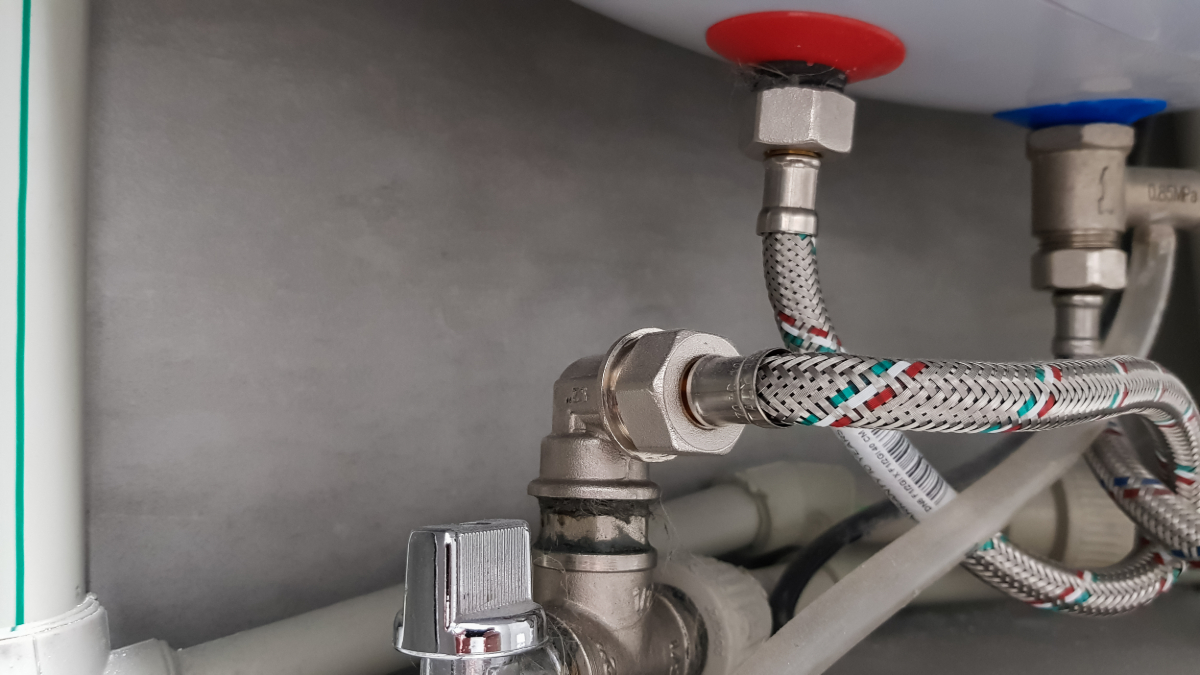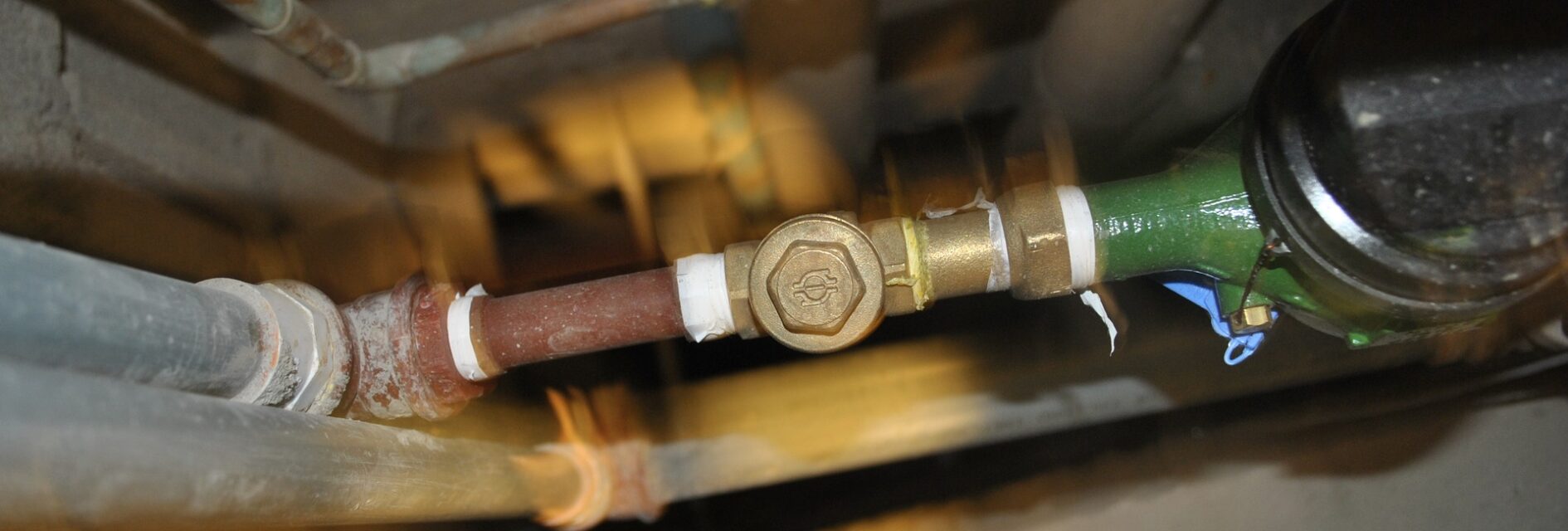Listed here further down you will discover a bunch of decent help and advice on the subject of Plumbing Problems In Old Homes.

Older homes typically include appeal, character, and history, yet they can additionally bring a host of pipes concerns. Whether you're dealing with aging pipelines, low water pressure, or leakages, recognizing just how to resolve these usual problems is vital to keeping a risk-free and functional home. In this guide, we'll discover the common plumbing difficulties faced by older homes and provide practical solutions to maintain your plumbing in leading shape.
Comprehending Usual Plumbing Concerns
Aging Pipelines
Among the most common concerns in older homes is aging pipelines. Depending upon the era in which your home was constructed, the pipes could be made from products that have weakened with time, such as galvanized steel, cast iron, or even lead. These materials can corrode, become weak, or develop leaks, resulting in water damage and prospective health hazards.
Water Quality Testing
Older pipes can impact the quality of your water. Conduct a water quality examination to check for impurities such as lead, rust, or other pollutants that may be introduced by maturing pipes.
Solutions for Usual Pipes Problems
Changing Aging Pipelines
If your home has old, wearing away pipes, think about changing them with modern materials like copper or PEX. This can be a substantial financial investment, but it will avoid future problems and boost the safety and security and integrity of your pipes system.
Fixing Low Water Pressure
To fix low water pressure, beginning by cleaning or changing old components and eliminating mineral build-up in the pipes. If the trouble persists, it might be required to change sections of corroded pipes.
Fixing and Replacing Dripping Pipelines
For small leaks, you can make use of pipeline clamps or epoxy putty as a short-term fix. Nevertheless, it's best to replace leaking pipes entirely to stay clear of more damage.
Updating Fixtures
Updating old fixtures to modern-day, water-efficient designs can boost your home's plumbing performance and decrease water consumption. Search for fixtures with the WaterSense label for the very best performance.
Managing Pipeline Rust
If your pipes are worn away, changing them with corrosion-resistant materials like copper, PVC, or PEX is the very best solution. Normal examinations and water high quality maintenance can help stop additionally rust.
Low Water Stress
If you're experiencing low water stress, it could be because of natural resources, rust inside the pipelines, or old fixtures that are no more working successfully. This can be a major inconvenience, specifically in areas like showers and sinks.
Leaking Pipes
Leaks are another constant problem in older homes, often triggered by rusty or damaged pipelines. Even small leaks can result in considerable water damages, mold and mildew development, and increased water bills if not attended to immediately.
Obsolete Components
Obsolete pipes fixtures such as faucets, toilets, and showerheads not only look old but might additionally be much less reliable, susceptible to leakages, or incompatible with contemporary pipes requirements.
Pipeline Deterioration
Deterioration is a typical issue in older pipes, especially those made from galvanized steel or cast iron. Rusty pipelines can restrict water circulation, cause discoloration, and eventually lead to leaks or pipe ruptureds.
Evaluating the Condition of Your Pipes
Checking Visible Pipes
Beginning by checking any noticeable pipes in your home, such as those in cellars, crawl spaces, or under sinks. Search for indicators of rust, leaks, or rust, which can show underlying concerns.
Checking for Leaks
Look for leakages by inspecting areas around taps, commodes, and under sinks. You can additionally monitor your water meter before and after a period of no water utilize to identify covert leaks.
When to Call an Expert
While some plumbing concerns can be managed with DIY options, there are times when it's finest to call in a professional. If you're managing significant leaks, substantial deterioration, or are uncertain about the problem of your pipelines, a licensed plumbing can supply professional evaluation and repair.
Preventive Maintenance Tips
Regular Inspections
Frequently evaluate your pipes system for signs of deterioration. Catching problems early can protect against pricey repairs down the line.
Water Pressure Regulation
Ensure your water pressure is within the recommended range to avoid emphasizing your pipelines and components. A plumber can install a stress regulatory authority if required.
Water High Quality Maintenance
Mount water filters or conditioners if your water high quality is poor. This can protect your pipelines and fixtures from damages brought on by difficult water or pollutants.
Positive Pipeline Replacement
If your home has older pipes, take into consideration proactive substitute prior to major problems develop. This can save you from emergency repair services and water damages.
Final thought
Handling plumbing issues in older homes needs a mix of watchfulness, preventative maintenance, and timely upgrades. By comprehending the typical difficulties and understanding when to look for specialist aid, you can ensure your plumbing system continues to be useful and trusted for several years to find.
Common Plumbing Issues in Older Homes
Pipe corrosion
Pipe corrosion is a common plumbing issue in older homes. Several factors can cause pipes to corrode:
Water: Ironically, water is the number one cause of pipe corrosion. When water seeps into cracks in pipes, it can cause the metal to rust and break down, leading to leaks or even burst pipes.
Oxygen: Oxygen is another significant culprit in pipe corrosion. When oxygen interacts with water, it can cause the metal to oxidize and weaken.
Chemicals: Chemicals such as chlorine and fluoride can also contribute to pipe corrosion. These chemicals can react with the metal in pipes, causing them to break down over time.
Leaky pipes
Pipes that leak is one of the most common plumbing issues plaguing residents of older houses. While a small leak may not be a problem initially, it can lead to significant problems if left unaddressed. In addition, water damage can be very costly to repair and may cause damage to electric fixtures, promote mold growth and cause many other issues.
Worn-out fixtures
Older homes often have worn-out fixtures which may need replacement. Over time, the finishes on fixtures can wear down, exposing the underlying metal to corrosion. This can cause fixtures to leak or even break completely. It s best to have a professional plumbing contractor regularly inspect the fixtures in older homes and replaces them if necessary.
Faulty water heaters
A leaky water heater can cause severe damage to the home as it can be both a flood and fire hazard. Call a plumber immediately if it appears that the water heater might be leaking.
If the heater isn t working correctly, it could be because the pilot has gone out. The pilot light going out may indicate gas supply issues or leaks. It is also worth checking the thermostat to see if it needs to be adjusted.
If the water heater is making strange noises, it could be due to sediment buildup in the tank. Sediment can interfere with the heating elements and cause them to overheat. Overheating can damage the tank and shorten the lifespan of the water heater.
https://www.norfleetfamilyplumbing.com/blog/common-plumbing-issues-in-older-homes

As a fervent reader on Common Plumbing Problems in Older Homes, I figured sharing that excerpt was worthwhile. I beg you take a moment to share this entry if you appreciated it. Many thanks for taking the time to read it.
Click